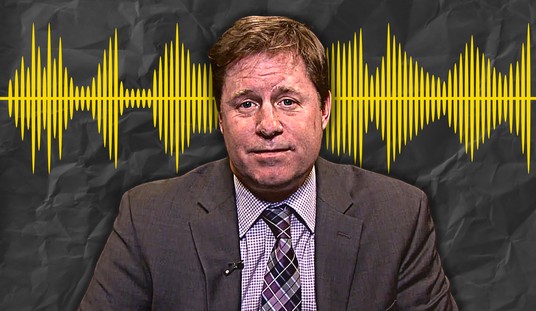Why is our recovery from the Great Recession so sluggish and so slow?
Economists are increasingly focusing on Barack Obama’s signature legislative accomplishment: the Affordable Care Act, popularly known as ObamaCare. Although generally thought of as a measure to insure the uninsured, health reform is affecting the entire labor market in negative ways.
As I wrote previously, the employer mandate to provide health insurance will cost almost $6 an hour for family coverage. This health minimum wage (on top of the money minimum wage) raises the cost of labor and will almost certainly discourage hiring.
There are two ways that employers can get around it: stay small and employ part-time rather than full-time employees.
The employer mandate, which kicks in in about a year and a half, doesn’t apply to firms with fewer than 50 employees. Suppose an employer has 49 low-wage workers. Because these workers can get highly subsidized health insurance in the (ObamaCare) exchange, they don’t want health insurance from the employer. They would rather have the cash equivalent in the form of higher wages. Now suppose the employer hires one more worker. Not providing health insurance at this point subjects the employer to a $2,000 fine for each employee.
Bottom line: hiring one more worker will cost this firm $100,000.
The mandate also doesn’t apply to employees who work fewer than 30 hours per week. To continue with the above example, if instead of hiring a 50th full time worker, the employer hired two part-time workers he would avoid the requirement to provide health insurance or pay $100,000 in fines.
For firms that have already exceeded the 50 worker threshold, every time they reduce the hours of an employee below 30 they avoid the requirement to provide costly health insurance or pay a $2,000 fine. Moreover, the economic incentive to work fewer hours affects employees as well as their employers. University of Chicago economist Casey Mulligan estimates that there are about 4 million workers who would be better off switching to part-time work. Once they reduce their hours, they are no longer eligible for their employer’s health plan. After that, they are entitled to generous subsidies in the health insurance exchange. And the subsidies in the exchange are greater than the lost wages.
Recommended
Writing in the Wall Street Journal the other day, Mort Zuckerman said:
Most people will have the impression that the 288,000 jobs created last month were full-time. Not so…. Full-time jobs last month plunged by 523,000, according to the Bureau of Labor Statistics. What has increased are part-time jobs. They soared by about 800,000 to more than 28 million….
There is another way in which ObamaCare discourages work. For low-income families, the federal government is paying more than 90% of the cost of health insurance purchased in the exchanges. But that subsidy drops quickly as income rises and disappears completely at four times the poverty level ($46,680 for an individual and $95,400) for a family of four).
So when people earn higher incomes, they not only pay higher income and payroll taxes, they also lose subsidy dollars as well. In fact, because of peculiar quirks in the formula, a family can lose $10,000 or more in subsidies by earning just one more dollar of income.
When loss of health insurance subsides is added to income and payroll tax rates the net effect is quite high – even for the average family. In fact, Casey Mulligan estimates that ObamaCare imposes the third largest increase in marginal tax rates in the past 70 years, lowering the return from working by 10%. As Harvard economics professor Greg Mankiw explains, that implies a long term loss to the economy on the order of 5% of GDP – or more than $800 billion a year at current prices. That’s about four times the size of the direct ObamaCare spending.
This indirect cost to the economy equals more than $8,000 per household per year.
























Join the conversation as a VIP Member